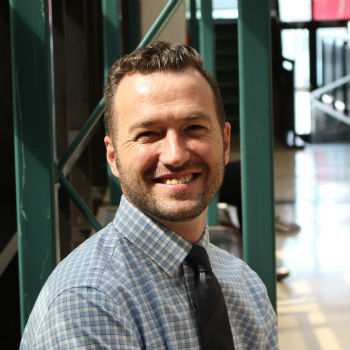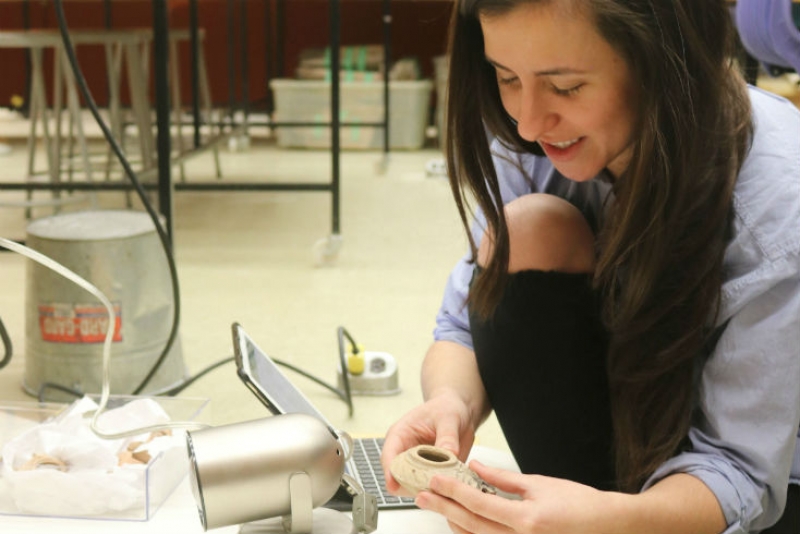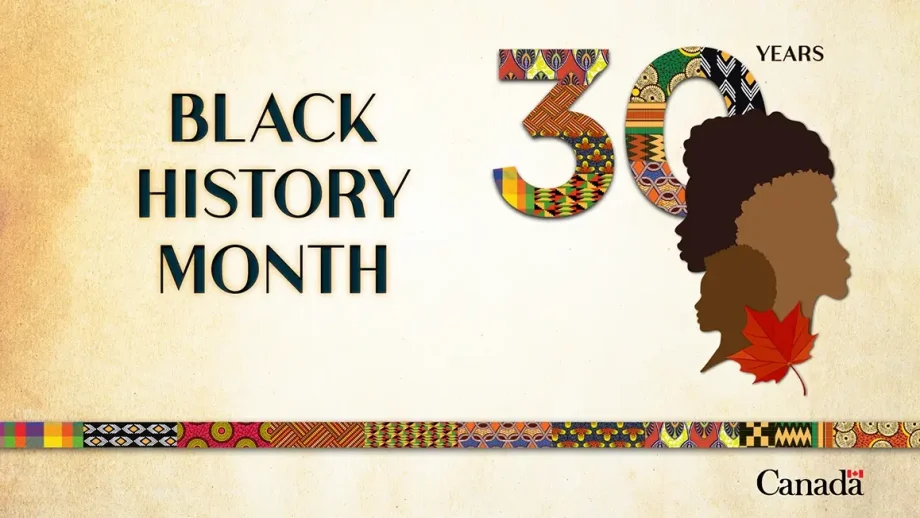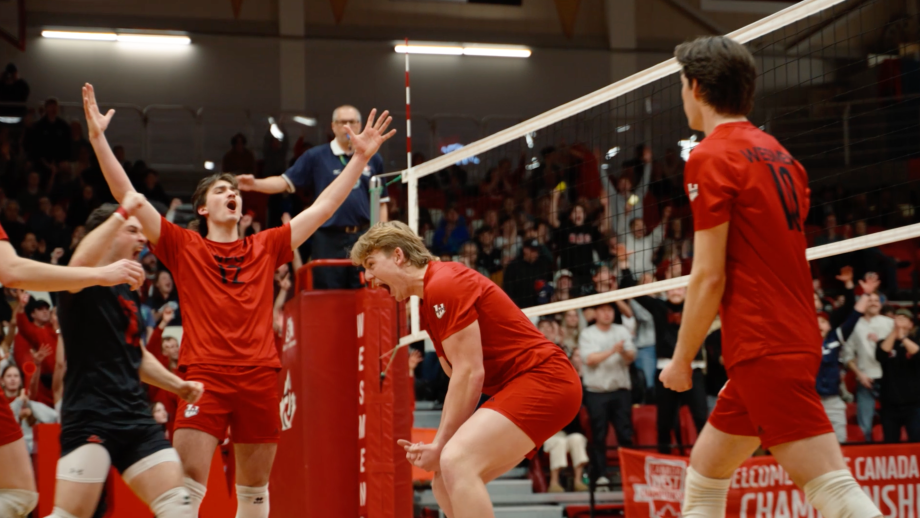There’s never been a better time to fall in love with the Classics! The Department of Classics’s New Directions in Classics is an interesting and engaging 10-lecture series that’s open to the public and runs from September until March. The series, organized by Classics professor Dr. Peter J. Miller and Classics alumna Ruth Dickinson, covers an array of topics that showcase the Classics as relevant and fundamental to the study of arts, culture, and language in our contemporary world.
This year’s series has a range of speakers from across the world who will address a myriad of topics including UWinnipeg’s collection of ancient Egyptian artifacts, the modern revival of ancient beer recipes, the origins of the Faculty of Arts, Greek tragedy, and communication techniques in Latin poetry.

Dr. Peter J. Miller, ©UWinnipeg
“People think that Classics is about dusty old books, and professors with elbow-pads whose idea of a good time is discussing intransitive verbs; our series proves this is far from the truth,” said Dr. Peter J. Miller. “Classics is one of the most dynamic disciplines in the arts. Classics scholars around the world are producing research that not only addresses the ancient world, but the ways that antiquity, colonialism, and contemporary politics are intertwined.”
The series also includes the Bonnycastle Lecture, Calling the Muses to Oklahoma: Native North American Writing on Graeco-Roman Antiquity, presented by Prof. Craig Williams, from the University of Illinois. His work, supported by the National Endowment for the Humanities, is part of ground-breaking research on Indigenous North American responses to Classical Antiquity from America’s colonial period to the present day.
“Dr. Williams’ talk emblematizes what the series is all about, and we’re especially excited to have him here at UWinnipeg, a leader in campus Indigenization,” said Miller. “The ancient world may be old, but Classics is new, dynamic, and alive — and central to the study of arts and culture here in downtown Winnipeg.”
2018/2019 New Directions in Classics line-up of lectures
Unless otherwise noted, all lectures take place in 3D01 from 3:30-4:30 pm
September 28, 2018
“De re cervisia et mulso: Re-creating Ancient Beer and ‘Mead.’” Dr. Matt Gibbs (The University of Winnipeg)
October 5, 2018
“The Poetics of Redundancy in Vergil’s Aeneid.” Prof. Andrea Rotstein (Tel Aviv University)
October 26, 2018
“Myth and Misdirection in Prometheus Bound.” Dr. C. Michael Sampson (University of Manitoba)
November 9, 2018
“The Tastes of Ancient Beers.” Dr. Max Nelson (University of Windsor)
November 16, 2018 at 3:00 – 4:00 pm
“Wealth and Inequality in Ancient Economies.” In collaboration with the Department of Economics Seminar Series, Dr. Ben Akrigg (University of Toronto)
January 25, 2019
“The Lux Project: Digitizing the Hetherington Collection.” Dr. Melissa Funke and Simone Obendoerfer (The University of Winnipeg)
February 8, 2019
“The Faculty of Arts: from Ancient Greece to the Modern Classroom.” Mr. Jason Brown (The University of Winnipeg)
March 1, 2019
“Satellites and Signal Towers: New Considerations on the Defense Network of Mantineia.” Dr. Matt Maher (The University of Winnipeg)
March 15, 2019
“Home for the Holiday: Alcibiades at Plynteria.” Prof. Rory Egan (University of Manitoba)
March 29, 2019
“Calling the Muses to Oklahoma: Native North American Writing on Greco-Roman Antiquity.” As part of the Bonnycastle Lecture Series, Prof. Craig Williams (University of Illinois, Urbana-Champaign)
Behind the Classics
Classics is the ‘original’ interdisciplinary department. While it is specific in its study of one time period (antiquity) and one place (the Mediterranean) it is general in its myriad of approaches to that place and time.
The close study of ancient Greek and Latin remain central to the discipline, but Classics today is an energetic and changing field that engages, especially with the modern use and misuse of antiquity. Socially conscious and social justice research and teaching are new and exciting developments, and Classicists are more and more attuned to the discipline’s complex relationship with an array of imperial, patriarchal, and elitist regimes.
Please contact series organizers, Dr. Peter J. Miller and Ruth Dickinson, for more information: pj.miller@uwinnipeg.ca






